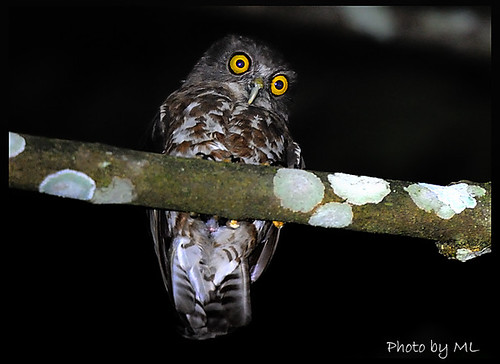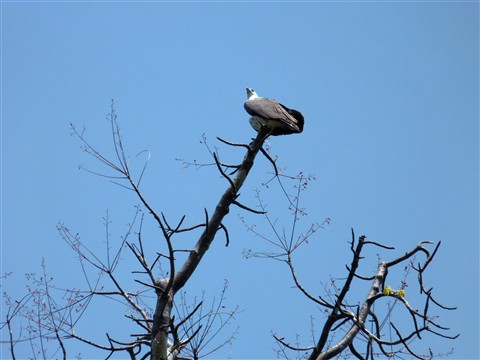PETALING JAYA: The jellyfish phenomena in Pulau Langkawi has caused fears among the residents and tourists in recent years. Experts say the problem there is seasonal and there are many contributing factors for their presence near the islands on the western coast of the peninsula.
A Department of Fisheries spokesperson said the jellyfish phenomena was not confined to Langkawi but throughout the western coast, including Penang and Pulau Pangkor, off Perak.
"The massive swarms of jellyfish not only affects tourism at Langkawi, Penang and Pangkor but also the running of a power plant in Manjung, Perak," said the spokesperson.
"Since this is a natural phenomena and also seasonal, it is beyond our capability to deal with it. We do not have any special task force to deal with jellyfish like what we did to the harmful alga bloom."
He said the department advised those in the tourism industry, especially seaside hotels, to be alert at all times of the jellyfish danger.
"Putting up warning signs on jellyfish at beach areas is also our responsibility."
Recently, a Swedish newspaper, Aftonbladet, reported a 45-year-old Swedish tourist had died from being Jellyfish phenomena seasonal Box jellyfish is poisonous and the sting from this species can sometimes be fatal to humans or other marine life.
The bell or cube-shaped jellyfish has four distinct sides and swimmers would not know they are bitten until they feel excruciating pain, and sometimes can die from it. The box jellyfish is not edible and are known for their sting which is rarely detected until the venom is injected, but also because they are almost transparent. It is also found in the tropical oceans around northern Australia, in the waters of the Indo-Pacific region near Papua New Guinea, the Philippines and Vietnam. Vinegar is the only known treatment for jellyfish stings and most beach resorts and lifeguards around the Andaman region now keep vinegar at all times.
Box jellyfish is poisonous stung by a jellyfish while swimming in Langkawi.
In April 2008, it was reported that a young Swedish tourist died from box jellyfish stings off Koh Lanta in Krabi, Thailand.
University Malaysia Terengganu's Institute of Oceanography deputy director, Dr Zainuddin Bachok, said there was a need to know the route of the jellyfish phenomena. He said there were several possible factors that may cause this, including the water currents and physical factors.
"It can be a migration process, where the water current moves and the jellyfish go along with it. Physical factors such as the water temperature also play a role. When the water in a certain area turns colder, the jellyfish seek to migrate to warmer waters where they tend to get reproductive."
However, he also pointed out the migration process was a norm in marine life.
Zainuddin suggested that continuous data monitoring be conducted to analyse the pattern of the jellyfish phenomena and from that, perhaps the main causes of the phenomena can be known for certain.
Langkawi Development Authority's (LADA) tourism division principal assistant manager, Azmil Munif Bukhari, told
The Malay Mail the jellyfish phenonmena was seasonal and the situation was back to normal.
He said July was the season of the jellyfish in Langkawi.
Azmil said there were frequent gotong-royong exercises involving the hotels and other business operators to clean up the beaches.
"Recently, a team from Universiti Sains Malaysia conducted research on the matter and we are working closely with them."
Local media reports said the improper dumping of sewage and the disappearance of turtles caused an explosion in the jellyfish population last year. In first 21 days of July, there were 185 recorded cases of jellyfish attacks on tourists and residents, including fishermen. It was stated that best way to curb the number of jellyfish would be to prevent marine pollution. However, it was also mentioned there are problems in increasing the number of turtles, which feed on jellyfish, because of pollution along the beaches.
The Malay Mail
To be Continue.
AL: -
If its really seasonal then the expert should advise us when will be the peak season. Then we can alert the public on that period to be more cautious. Having said that is the Medical expert in Langkawi can handle such situation especially when it comes to box jellyfish.

 I
I







































